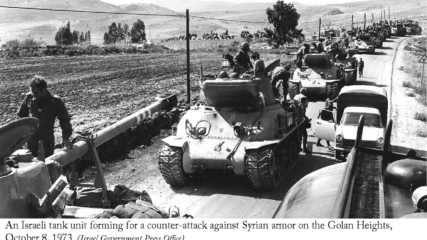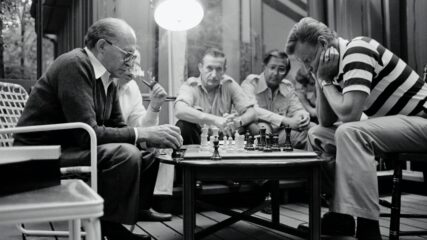Transcripts from conferences exploring key events in history

Proceedings of a conference concluded that while pre-war intelligence was plentiful and accurate, there was a massive U.S. intelligence failure. Misinterpretation layered on top of preconceived notions of Arab military ineptitude and faith in diplomacy formed the core of the failures.

In writing history, documents and primary texts are reliably accurate. Veracity can emerge by crosschecking sources. However, if all we have is one shard of pottery from the second temple period, we must settle for it in isolation as evidence of how the pottery was constructed, its composition, use, etc. Unless of course, we are fortunate enough to have a text that describes the pottery piece, and we have the piece of pottery as evidence. When oral recollections are used to bolster the written text, subtle shades and emphatic dimensions provide colorful detail to historical writing. Unlike written records, oral evidence provides vignettes, opinions, hues, suppositions, and sentiments almost always absent in a document.


